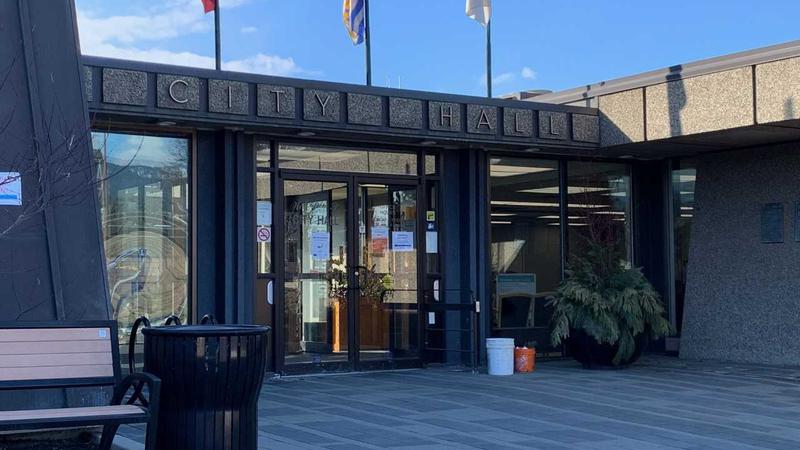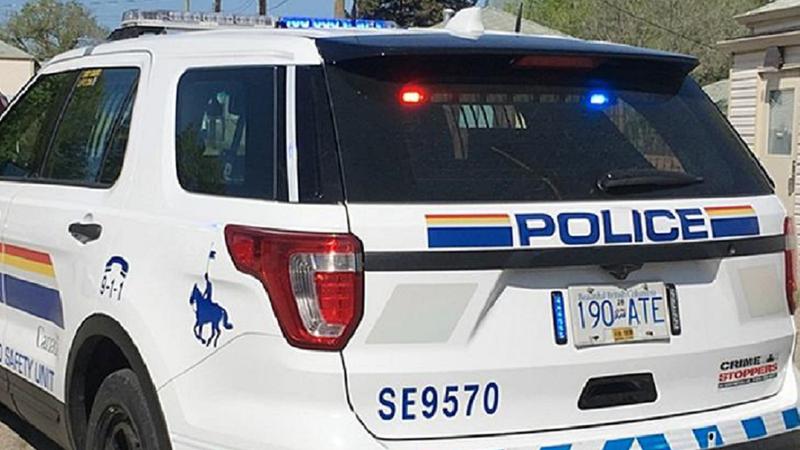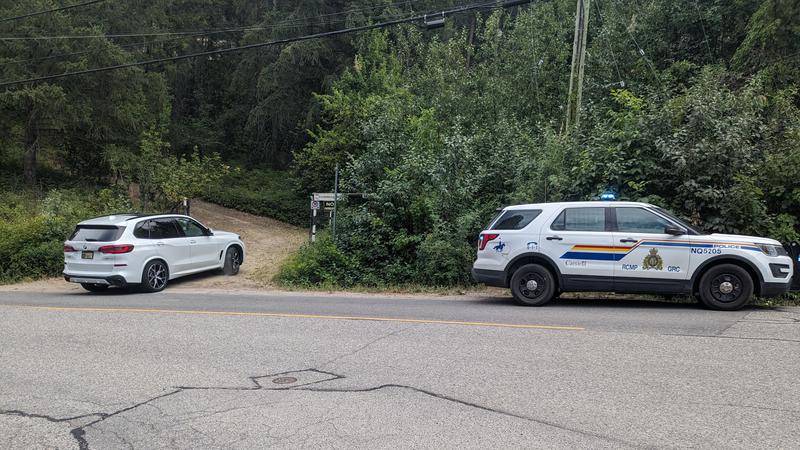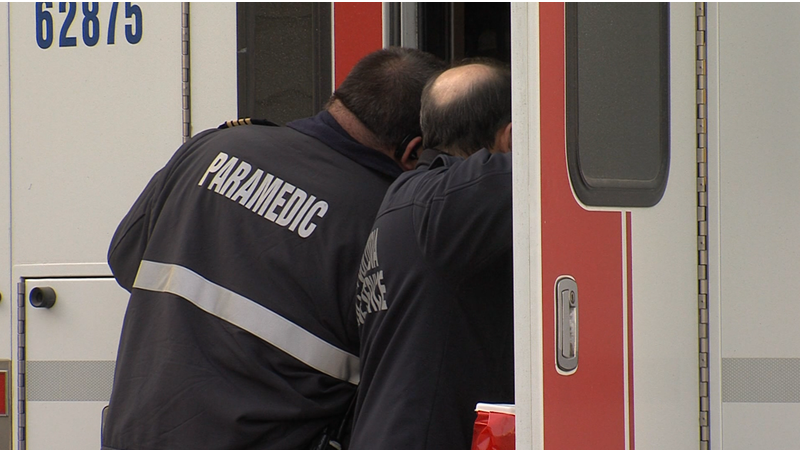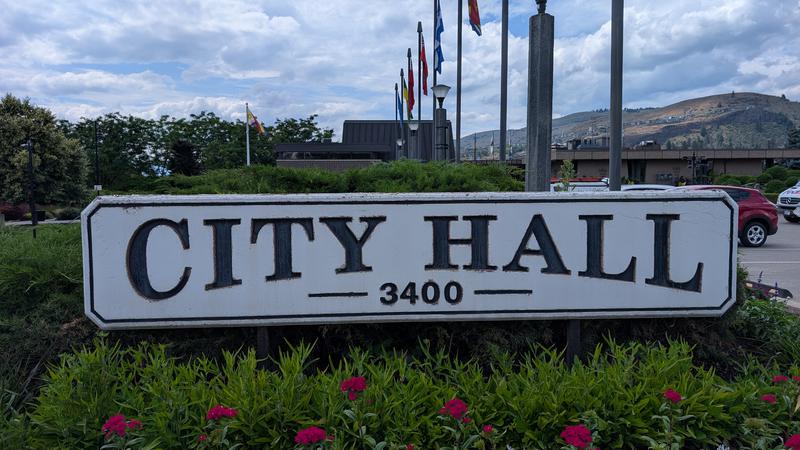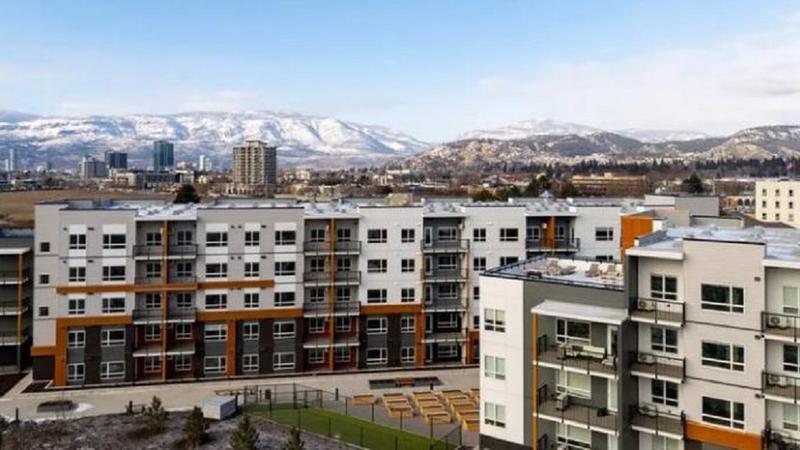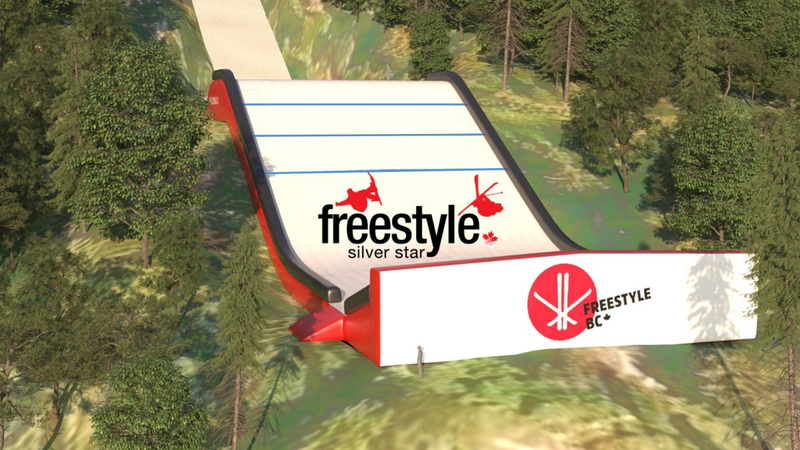
Centre-right Acton looking to represent Vernon-Lumby as an unaffiliated MLA
The Mayor of Lumby is looking to break into provincial politics as an MLA.
Kevin Acton is running as an unaffiliated candidate in the Vernon-Lumby riding in the 2024 Provincial General Election.
Acton, who is unaffiliated, meaning he is not associated with any party but is also not considered an Independent, moved to the Okanagan in the early 1990s. He first worked in the construction industry and as a part-time paramedic, before getting his massage therapist credentials and starting his career in that field.
He was elected to city council in 2008, and a few months later was elected as mayor after the previous mayor ran for a provincial seat.


